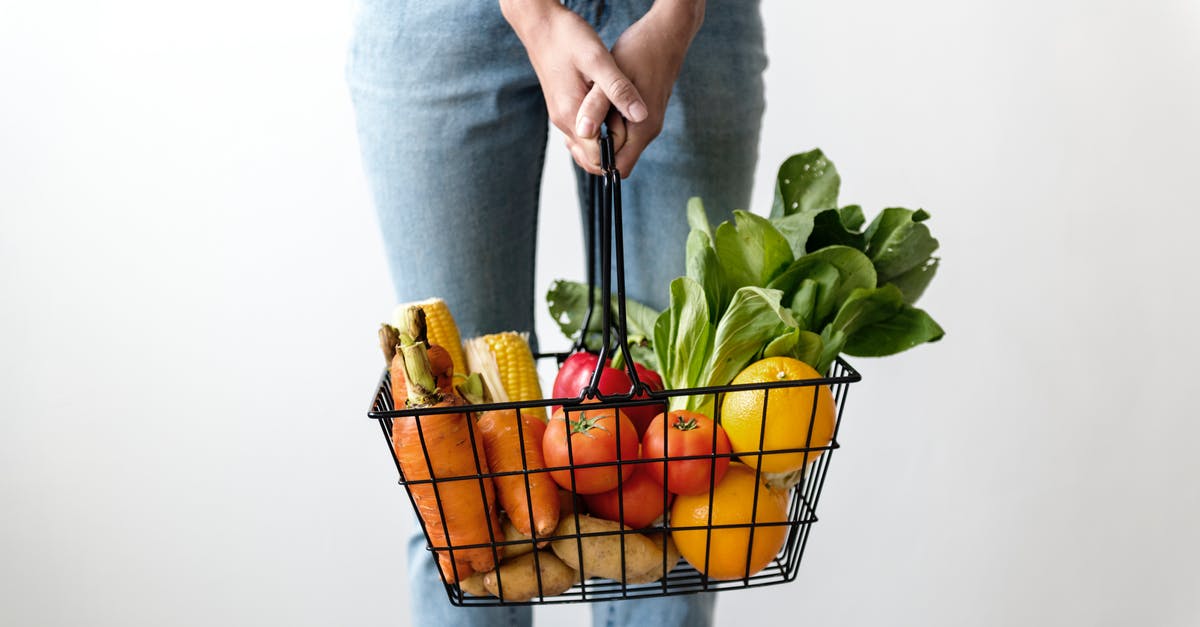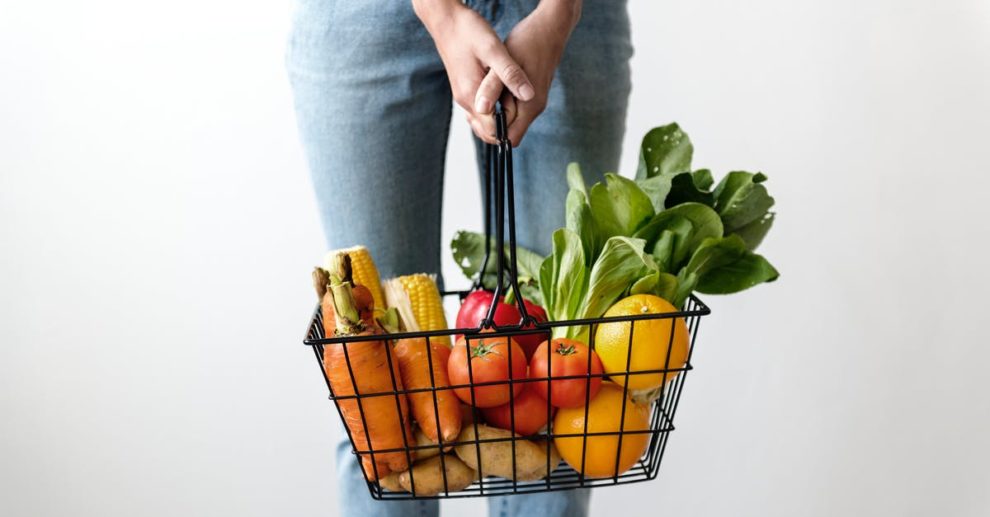Food delivery service Misfits Market is now valued at over $1 billion following a $200 million Series C that will take the direct-to-consumer, online grocer national.
Subscribe to the Crunchbase Daily
Misfits Market provides fresh, organic produce, sustainably sourced pantry staples and other items at up to 40 percent off grocery store prices, and delivers to homes in 37 states.
Here’s how Misfits Market works: Abhi Ramesh, founder and CEO of Misfits Market, explained that large grocery chains often run targeted sales of a certain cut of meat. They ask the rancher or meat producer for 10 million ribeye steaks, for example. However, now the rancher has millions of other cuts that don’t have a designated store.
Misfits Market is working with farmers, ranchers, meat producers and suppliers to reduce waste by rescuing those extra cuts of meat or food items.
“We want to take what we’ve built in produce, expand all categories, such as protein, deli, dairy and other perishables, and then expand nationally,” Ramesh told Crunchbase News.
Investment
Accel and D1 Capital co-led the round and were joined by existing investors, including Valor Equity Partners, Greenoaks Capital, Sound Ventures and Third Kind Ventures. Including the Series C, Misfits Market’s total funding is up to $301.5 million since the company was founded in 2018, according to Crunchbase data. As part of the investment, Accel’s Ryan Sweeney will join Misfits Market’s board of directors.
Patrick Backhouse, partner at Greenoaks Capital, said via email that his firm has been with Misfits Market since the beginning of its company journey. He said he continues to be “impressed with how quickly the business is growing and how much value they are delivering to consumers.”
“We believe Misfits Market has built one of the leading discount-oriented e-commerce solutions in the country starting with produce and staple grocery items, but addressing much larger spend pools over time,” Backhouse added. “We think the opportunity ahead remains large, and are excited to support Abhi and the team at Misfits.”
The new round comes nearly a year after the New Jersey-based company raised an $85 million Series B funding led by Valor Equity Partners. The Series C started with $75 million and ended oversubscribed at $200 million, Ramesh said.
“The driver for the new funding is that the online grocery industry experienced a once-in-a-hundred-year shift because of COVID,” he added. “Online grocery used to be 4 or 5 percent of the total grocery market, and it went to 11 percent overnight and is still underpenetrated. Now it is mainstream, but no one has cracked it in the affordability area. By raising this large round, we can go after the whitespace.”
Growth
The funding enables Misfits Market to go into every major grocery category and every underserved area nationwide toward its goal of eliminating food deserts in America by 2025. Ramesh expects to be in every ZIP code in the lower 48 states in the next 12 months, which will include building new warehouses and fulfillment centers.
The company has more than 1,000 employees currently, and that number is expected to more than double over the next 1 1/2 years in areas such as fulfillment, marketing and engineering, he added.
Meanwhile, the U.S. grocery market is now at $1 trillion, and the online sector of that is expected to reach 21.5 percent of total U.S. grocery sales by 2025, and is poised to be valued at $250 billion, according to research from strategy consulting firm Mercatus and research firm Incisiv.
Misfits Market is growing along with it. The company saw 5x growth in active customers and order volume in 2020, Ramesh said. It also tripled its farmer and supplier relationships. In addition, the company shipped more than 77 million pounds of food to over 400,000 customers across the U.S. In just the first four months of 2021, Misfits Market rescued the same amount of food as it saved in 2020 as a whole, he added.
“We are aiming at the middle income, suburban customer, which is the hardest part of the market,” Ramesh said. “While others have concentrated in urban areas, piggy-backing off of grocery stores, we aim to crack the suburban area, which is more spread out and will require better operations and logistics. However, we want to invest in solving the hardest problems.”
Feature photo: Pexels
Blogroll illustration: Li-Anne Dias

Stay up to date with recent funding rounds, acquisitions, and more with the Crunchbase Daily.



![Illustration of a guy watering plants with a blocked hose - Global [Dom Guzman]](https://news.crunchbase.com/wp-content/uploads/quarterly-global-3-300x168.jpg)
67.1K Followers